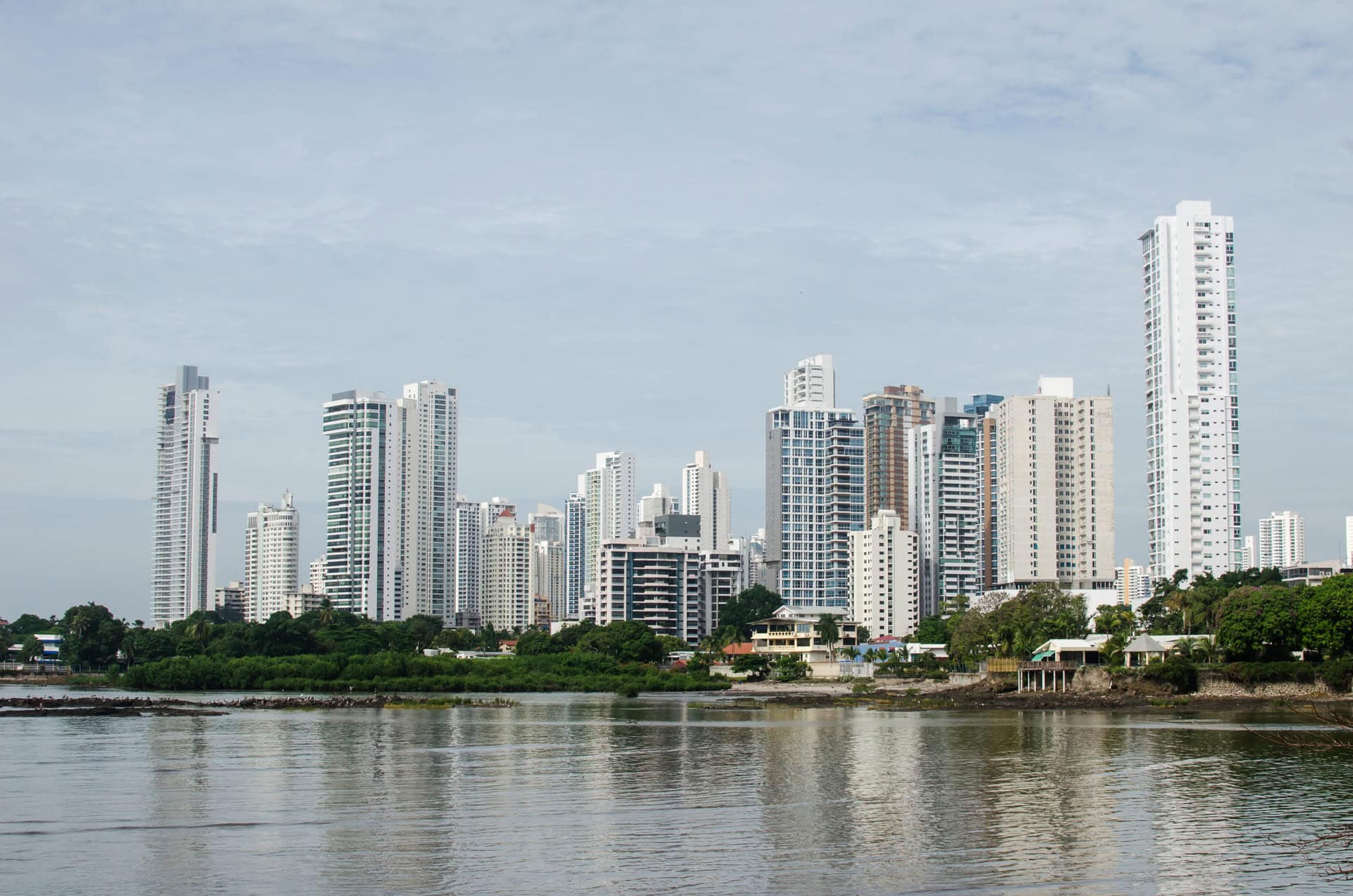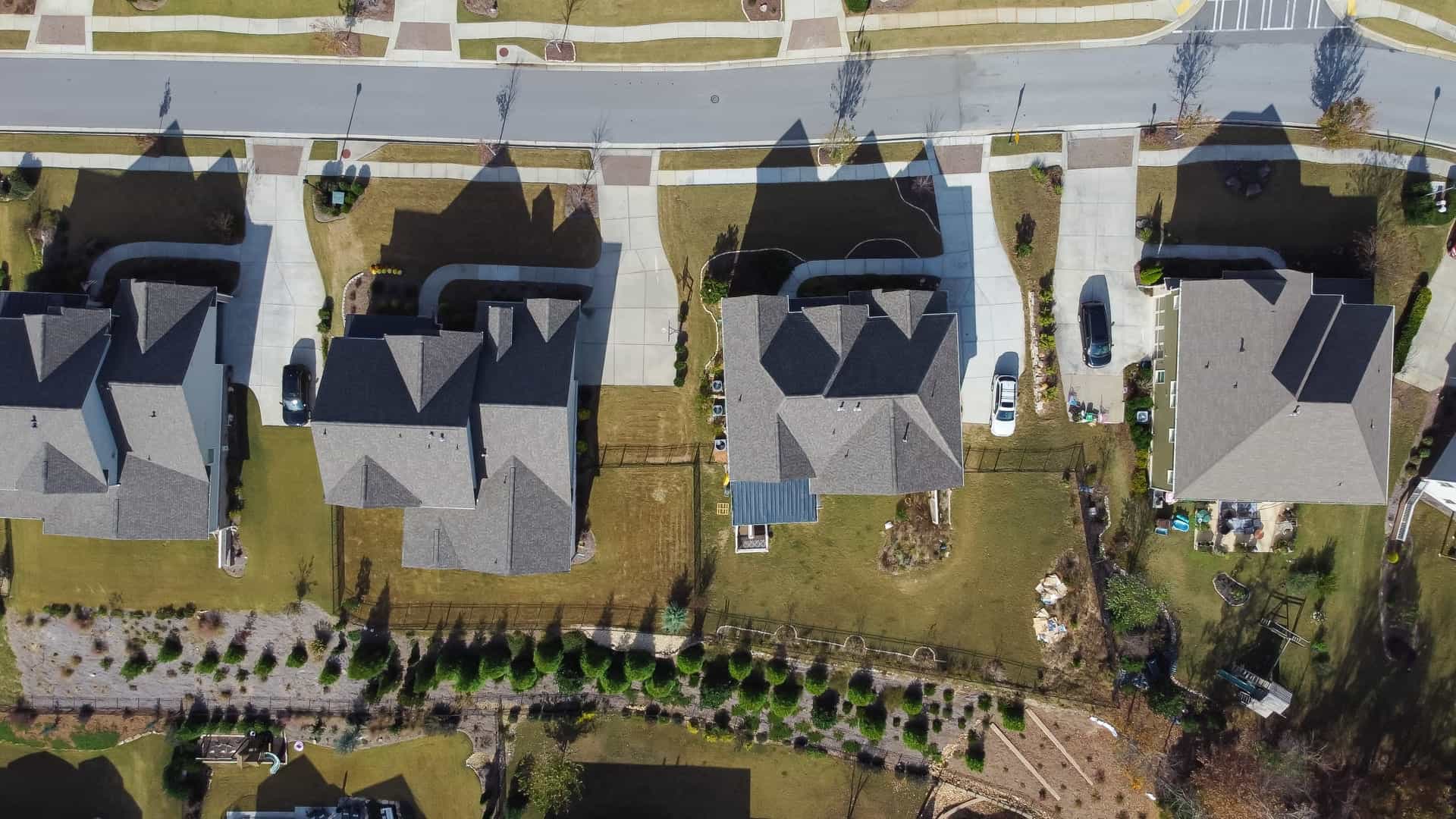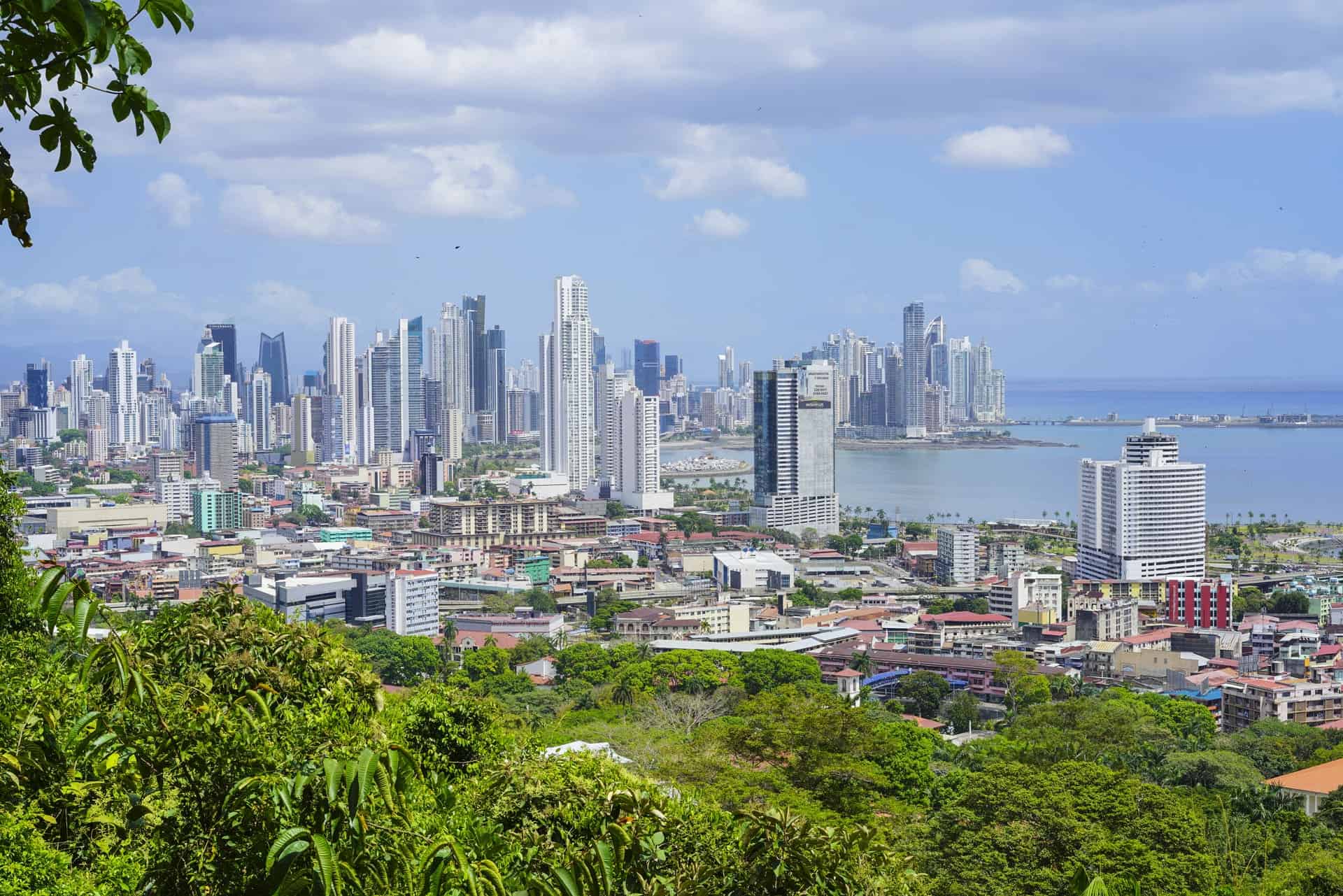In this article, we’ll navigate through the key aspects of Panama’s property tax landscape. Whether you’re a seasoned investor, an expatriate searching for your dream home, or a retiree considering a tranquil haven in Panama. We’ll unveil the property tax rates that vary across different property types, ensuring you have a clear picture of the financial responsibilities associated with your real estate investment. Moreover, we’ll unravel the complexities of Panama’s property tax laws, shedding light on the legal framework governing property taxes in this beautiful country. Knowledge is power, and by grasping these tax essentials, you’ll be better equipped to make prudent choices when buying a property in Panama. The insights shared in this article will empower you to navigate the world of Panama’s real estate taxes confidently. So, let’s embark on this journey together and pave the way for informed and financially sound property investments!
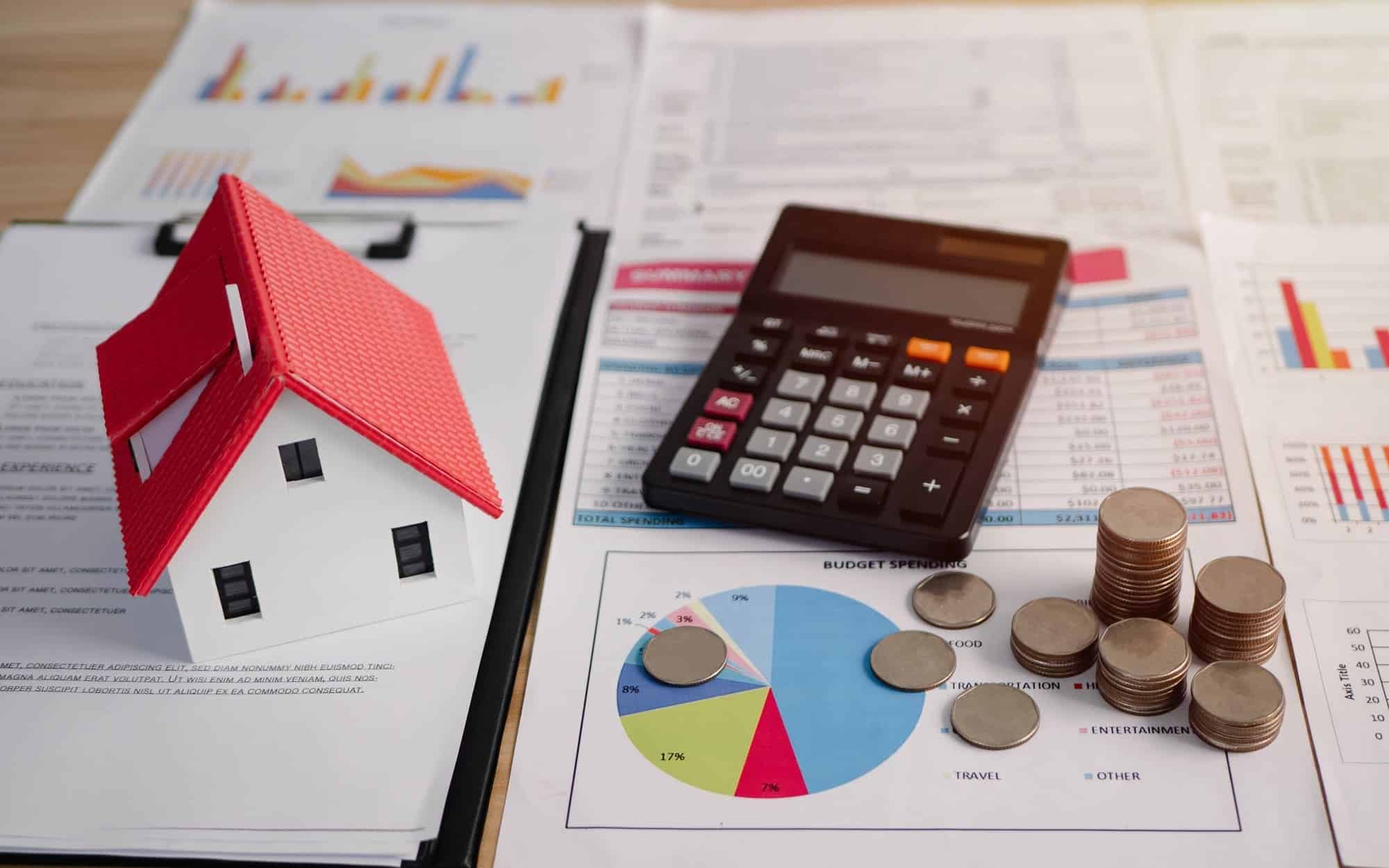
What Are the Real Estate Taxes in Panama?
In Panama, real estate taxes are determined based on several factors, including the land’s value, the construction’s value, and any enhancements made to the property. These taxes apply to a wide range of property types, including single-family homes, multi-family residences, condominiums, and properties designated for commercial or agricultural purposes. Additionally, they apply to the assessed value of land, regardless of whether it is vacant land, residential, commercial, or agricultural. If you possess only one property in Panama, it is classified as your primary residence, regardless of the duration of your stay in the country or your financial assets held abroad. Conversely, if you own multiple properties within Panama, they will all be subject to taxation at the investor rate.
There exist two primary types of real estate taxes: the annual property tax (IBI) and the property transfer tax (ITBI) applicable during property sales. The annual property tax (IBI) encompasses the land, construction, and all property improvements, calculated annually based on the property’s registered value. The property transfer tax (ITBI) is a tax due before the property’s purchase or sale, typically presented during notary office transactions. This tax is applied when the property changes ownership, amounting to 2% of either the updated registered value or the sale price, depending on which is higher. Additionally, it’s important to note that the sale of a property may also trigger capital gains tax obligations.
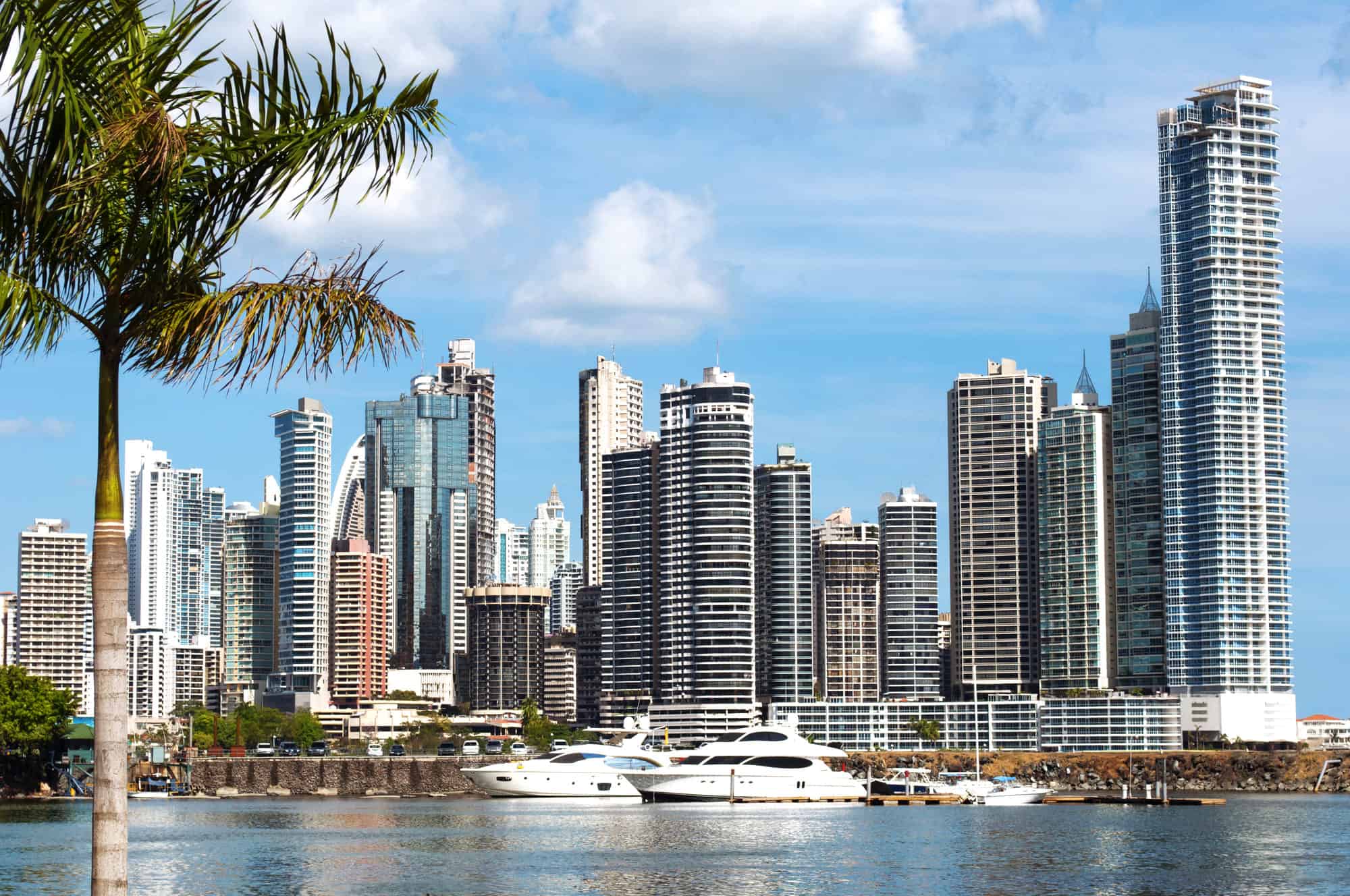
Property Tax Rates for Different Property Types
The property tax framework in Panama holds significant importance for prospective real estate purchasers, encompassing investors, expatriates, and retirees. Here is an overview of the current tax system:
A. Primary Residences
The property tax rates in this jurisdiction are as follows:
- For properties valued up to $120,000, there is a tax exemption, meaning no property tax is applicable, and the yearly tax amount is $0.
- Properties valued between $120,001 and $700,000 are subject to a property tax rate of 0.5%, resulting in a yearly property tax of $2,900.
- Properties with a value of $700,001 and above have a property tax rate of 0.7%, where the yearly tax amount is 0.7% of the property’s assessed value.
Panamanian property owners can take advantage of tax exemptions by designating their property as either “Tributary Family Patrimony” or their “Primary Residence.” The law permits a single property declaration based on the owner’s circumstances and once declared, the updated property tax system comes into effect. Under the newly implemented Tax Law 66, there is a complete exemption for the initial $120,000 of the property’s registered value. For properties with higher values, the tax rate varies, ranging from 0.5% to 0.7%. This advantageous provision applies not only to individual property owners but also extends to married couples, single parents, retirees, pensioners, and properties held within trust accounts.
B. Secondary Properties
For any other properties (commercial, industrial, second home, raw land) the property taxes are as follows: The property tax rates for secondary properties in Panama, effective as of January 1, 2019, are as follows:
- Properties valued up to $30,000 are exempt from property tax, resulting in a yearly tax amount of $0.
- Properties valued between $30,001 and $250,000 are subject to a property tax rate of 0.6%, equating to a yearly property tax of $1,320.
- Properties valued between $250,001 and $500,000 incur a property tax rate of 0.8%, resulting in a yearly property tax of US$2,000.
- Properties with a value of US$500,001 or more are subject to a property tax rate of 1%.
If you are a first-time buyer of a house or condo in Panama, and you intend for it to be your primary residence, you have the opportunity to benefit from a 3-year property tax exemption. This exemption applies to properties with a value ranging from $120,000.00 to $300,000.00. It’s important to note that this exemption is not granted automatically; you are required to formally designate your property as your primary residence to qualify for this tax benefit.

Are Some Properties in Panama Tax Exempt?
Law 28 of 2012 introduces tax exemptions for newly constructed residential properties in Panama completed between 2012 and December 31, 2018. These exemptions apply exclusively to the registered value of the construction improvements, excluding the land value.
For residential properties, the duration of the tax exemption is as follows:
-
- Properties with a construction value up to $120,000 enjoy a 20-year tax exemption.
- Properties with a construction value ranging from $120,001 to $300,000 benefit from a 10-year tax exemption.
- Properties with a construction value of $300,001 or more receive a 5-year tax exemption.
Additionally, all other construction types (e.g., commercial, industrial, etc.) are eligible for a 10-year tax exemption based on the registered construction value.
To maintain the granted tax exemptions, property owners must refrain from registering the property as Tributary Family Patrimony or Primary Residence. Importantly, it’s worth noting that the tax exemption exclusively pertains to the construction value and does not extend to the land value. Property tax remains applicable to the land if its value exceeds $30,000.
Understanding Panama Property Tax Law
In Panama, Law 401, enacted by the local government, presents attractive tax advantages for real estate proprietors. One of the key provisions is a substantial 25% reduction in property taxes for the year 2024, applicable to those who settle their tax obligations in advance. Specifically, property owners who pay their 2024 property tax payments by November 30, 2023, qualify for this significant discount. Furthermore, the legislation extends its benefits to those who make early payments for the fiscal year 2025, as well as providing substantial discounts to individuals or corporations addressing overdue taxes or penalties.
This law is part of the government’s efforts to generate revenue while providing incentives for taxpayers to resolve outstanding issues and reduce their tax exposure. This 25% discount is a notable opportunity for property owners in Panama to save on their tax obligations and encourages early and proactive financial planning. Property owners interested in taking advantage of this offer are advised to act promptly and ensure their property taxes are paid before the specified deadline to benefit from the discount.
Conclusion
In conclusion, understanding Panama’s real estate tax essentials is a crucial step for property buyers. With insights into property tax rates for different property types and a grasp of Panama’s property tax laws, you’re now equipped to make informed decisions and navigate the complexities of property ownership in this beautiful country. As you embark on your real estate journey in Panama, remember that knowledge is your greatest asset, ensuring your property investments are not only fulfilling but financially sound. So, here’s to confident and informed property buying in Panama!

